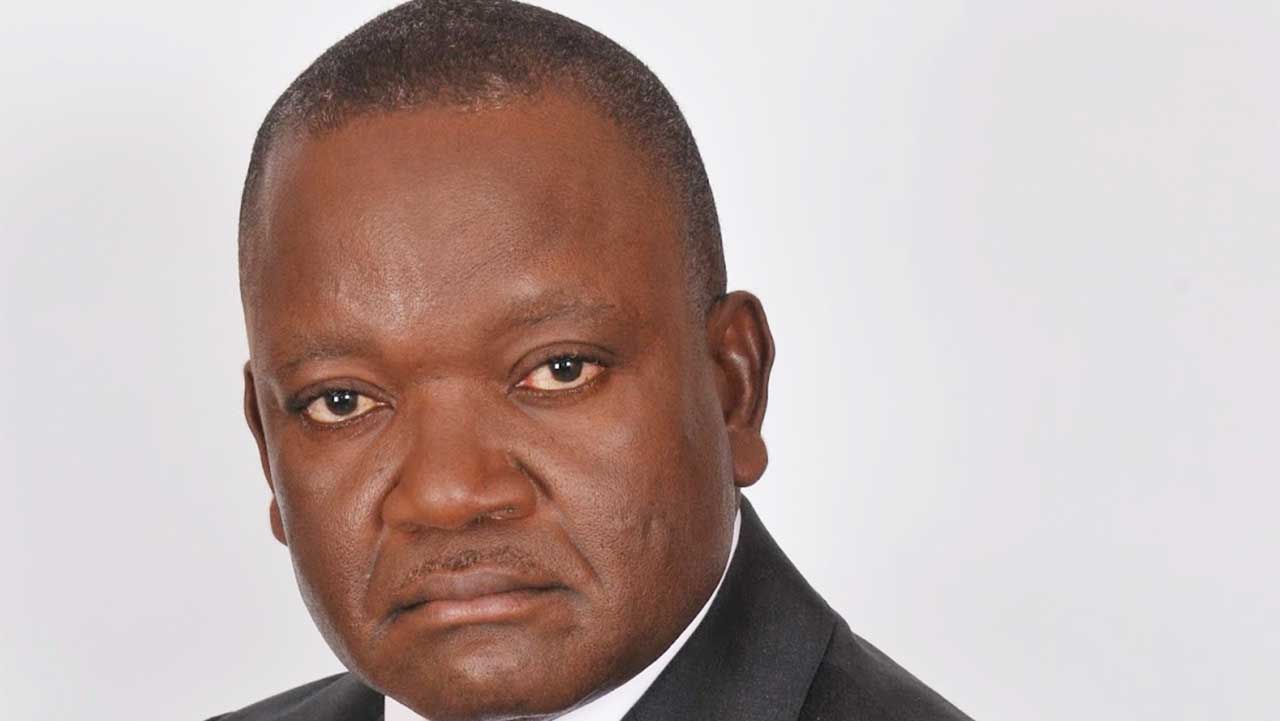Indications have emerged showing that the trending announcement by the Minister of Finance, Mrs. Kemi Adeosun, that federal government will from April 1, this year begin the trials of identified 130,000 high profile tax evaders, may not work after all.
This is based on the fact that the establishment of a Special Courts is the sole statutory function of the National Assembly and for now, there is no executive bill submitted to the legislature to that effect.
In a telephone interview, Lagos lawyer, Barr Monday Ubani told Business Hilights that “For now, establishing a Special Tax Court in Nigeria can only be legitimate if it is by an Act of the National Assembly (NASS)”.
“There is known Executive Bill currently at the floor of the National Assembly for that purpose and so, the statement by the Minister that prosecuting tax evaders’ via a Special Court that is not known to any Nigerian law is not workable in a democratic setting unless in a military regime which cannot come back to Nigeria again”.
“First of all, the process of establishing a Special Court must go through the NASS and let me tell you; even the Voluntary Assets and Income Declaration Scheme (VAIDS), the ministry is pursuing with every vigour is not even backed by any known law.
Ubani made it clear that “there is no law backing all these developments at the Ministry of Finance and the Executive as an arm of government is suppose to have over the months, approached the lawmakers with a bill spelling out all the things they want to do so that VAIDS and special court trial can be statutory”.
He said considering the way and manner the ministry is following the issue of tax evasion, “It’s like the government want to run Nigeria without enabling laws”.
“Off course you can recall that recently, the government made Nigerians to understand that an appointee can rush to the office and start functioning without the statutory confirmation of the National Assembly.
Continuing, Ubani noted that planning to try tax offenders in a special court that is not backed by means that the executive is aiming to run some aspects of Nigerian tax administration without any enabling law may be because it felt that such bill may not sail through the lens of the national lawmakers.
To him, “If you are running a democratic government you must derive your powers and rule of engagements from the prevailing constitution of the land and not mere executive fiats”.
The Minister had announced that effective April 1 this year, the federal government will begin the prosecution of tax defaulters who fail to take advantage of the nine-month amnesty window provided by the VAIDS.
Adeosun had averred on Tuesday in Abuja during a live breakfast show, ‘Good Morning Nigeria’, aired by the Nigerian Television Authority, that from that date, special tax courts would be established to prosecute those who failed to regularise their tax status under VAIDS.
She said “After March 31, we have plans to do special tax courts and accelerated prosecution because the thing with tax prosecution is that it is a very simple case with no defence to it. It’s a matter of law; the question to ask is: ‘Did you pay or not?’ So it’s a very easy case and it’s not like the EFCC cases that we will have to be tracing this or that.
“The focus on tax collection remains after VAIDS. Yesterday, we were analysing data and now we have flagged over 130,000 already, and from March 31, we will start and say these people did not participate in VAIDS and this is the data we have on them, now pursue them.
“There can be no sacred cows and nobody should be too big or too small to be told to do the right thing. People must as they earn money pay a portion of it; and so, the focus on tax will continue.”
Business Hilights recalls that VAIDS offers a grace period from July 1, 2017 to March 31, 2018 for tax defaulters to voluntarily pay back to government what they owe.
In exchange for full and honest declaration, the government promises to waive penalties that should have been levied and the interest that should have been paid on overdue taxes.
Also, those who declare their tax obligations honestly will not be subjected to any investigation or tax audit after the nine-month grace period.
The minister said the government was aware of the slow nature of the judicial system and would be setting up special courts to fast-track the adjudication of tax-related offences under the VAIDS initiative.
She noted that all incomes, assets and other properties earned and acquired from 2010 to date would be covered under VAIDS.
According to her, “assets, properties and incomes acquired or earned during the period must be accounted for by individuals and companies under the scheme”.
Continuing, she added that through the data mining programme being implemented under the ‘Project Lighthouse’ initiative, over 130,000 high profile individuals had been identified for scrutiny.









